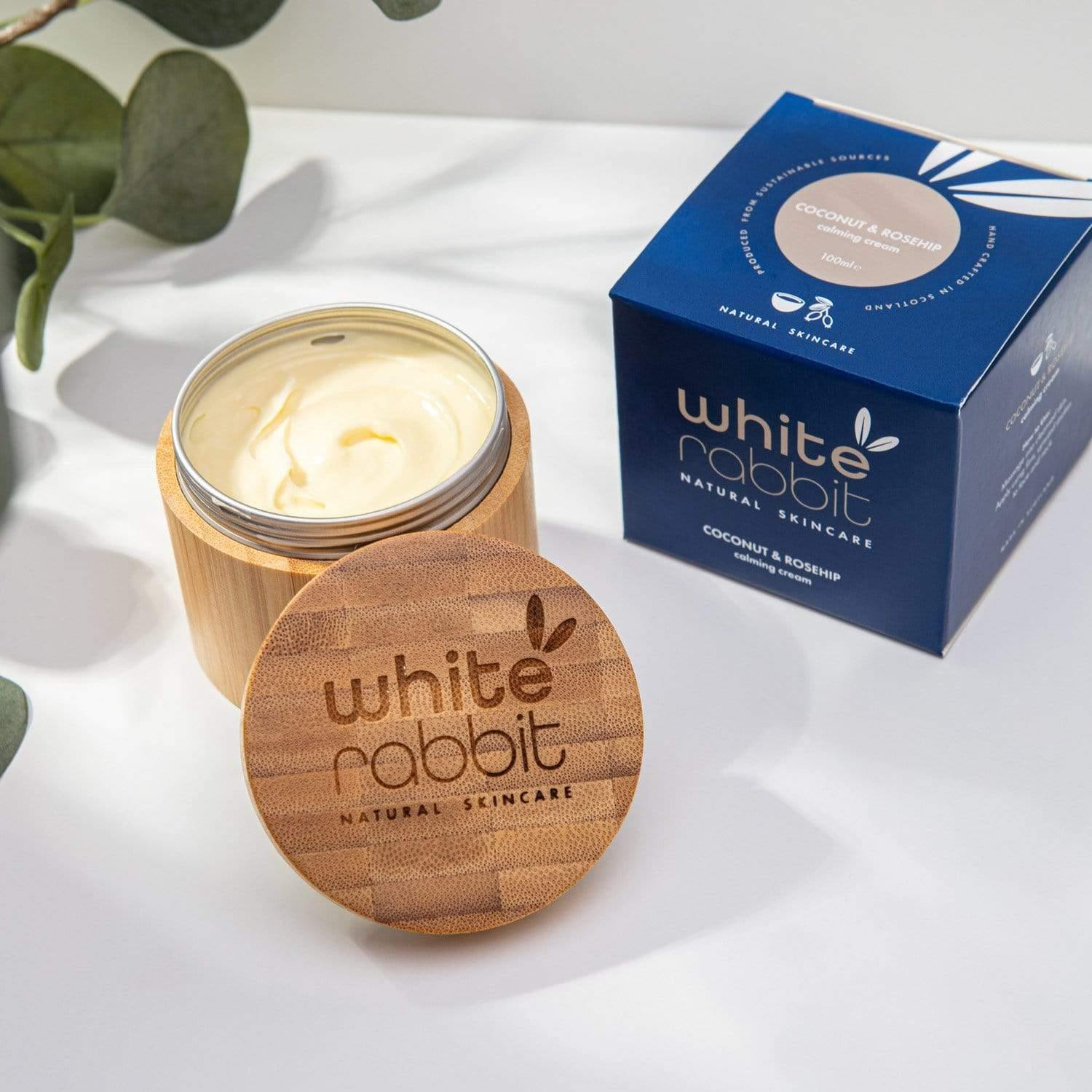
The use of essential oils during pregnancy has long been the source of controversy, and even in this day and age is yet to be fully understood.
Essential oils are liquids containing very concentrated aroma compounds from plants, and the main concern during pregnancy (and especially during the first three months) appears to be the risk of essential oil constituents crossing over into the placenta via absorption by the skin and then bloodstream.
Given that we use essential oils of differing kinds in all of our products, we wanted to discuss in today's blogpost if they really do have to be avoided, or if it's an Old Wives' Tale gone mad!
Aromatherapy expert Jane Buckle has stated that "the use of essential oils in pregnancy is a contentious subject, especially during the vital first 3-month period. It is extremely unlikely that a nightly bath containing a few drops of essential oils will cause any problems for the unborn child” and also goes on to note that "there are no records of abnormal fetuses or aborted fetuses due to the ‘normal’ use of essential oils, either by inhalation or topical application."
Moreover, authors such as Ron Guba, Kurt Schnaubelt, and Chrissie Wildwood have all pointed out that there have been "no recorded cases of miscarriage or birth defect resulting from aromatherapy massage using therapeutic applications of any essential oil."
Indeed, given the stresses and strains of pregnancy, the careful use of essential oils as part of massage therapy by a qualified therapist can help ease the discomfort of pregnancy and provide comfort to the mother-to-be.
However, given that it is still a 'grey' area, and there is a lack of information regarding the levels of toxicity of essential oils, it is best to adhere to general safety guidelines.
Essential oils to avoid during pregnancy (at all stages):
Aniseed
Angelica
Basil
Black pepper
Camphor
Cinnamon
Chamomile
Clary Sage
Clove
Fennel
Fir
ginger,
horseradish
Jasmine
Juniper
Marjoram
Mustard
Mugwart
Myrrh
Nutmeg
Oregano
Peppermint
Rosemary
Sage
Thyme
Wintergreen


